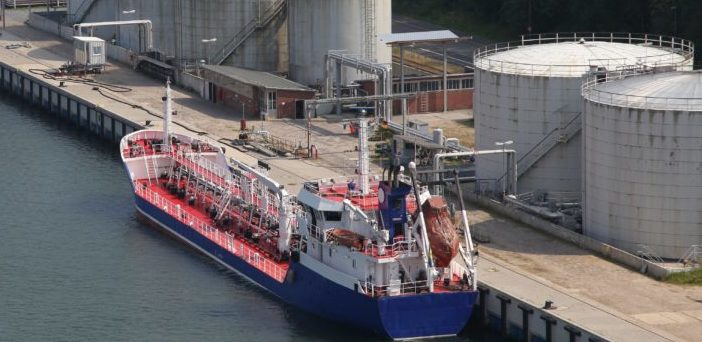Global marine fuel costs are likely to rise by 25%, or $24 billion, upon the IMO sulphur cap gets in effect in 2020, Wood Mackenzie consultant said. As explained, the cost will rise as the upcoming regulations will a switch to other fuels, which are low-sulphur but cost more, such as marine gas oil (MGO) and ultra low sulfur fuel oil.
The implementation of the sulphur limit regulation is a major theme at MEPC 72 currently underway in London, while the IMO has made clear that a potential postponement is excluded.
Wood Mackenzie senior research analyst, Iain Mowat, said:
Switching to MGO is a more costly solution, and in full compliance, would probably see freight rates increase, perhaps by around $1 a barrel.
WoodMac’s “base case” for cost increases is $24 billion in 2020, compared with a total global shipping fuel bill of roughly $100 billion today, Reuters reported. However, if no vessels added scrubbers and all ships complied with the rules, the spike could be as high as $60 billion.
Scrubbers are considered as an alternative solution, but just 2% of the global fleet will have scrubbers by 2020, accorfing to WoodMac estimations. While shippers could expect a 20-50% return on investment cost for installing scrubbers, the penetration rate for them would be limited due to finance, scrubber manufacturing capacity and dry-dock space, explained Mr. Mowat.
As a result, Wood Mackenzie said the world’s refiners need to gear up to churn out the lower sulfur fuels that vessels will need, and even the primary spots for refueling ships could shift based on where lower sulfur fuels are available.




























































